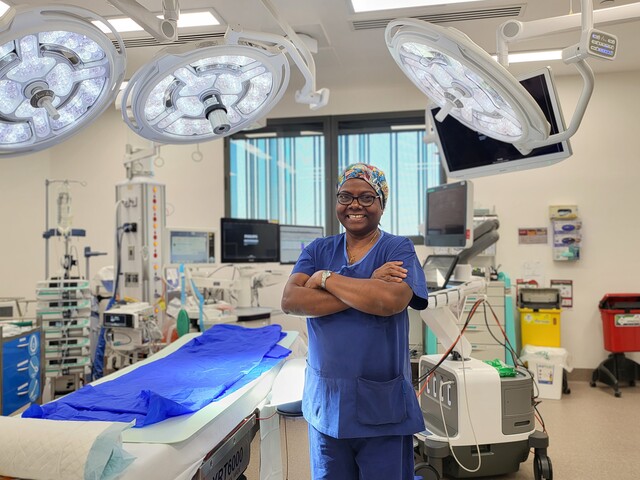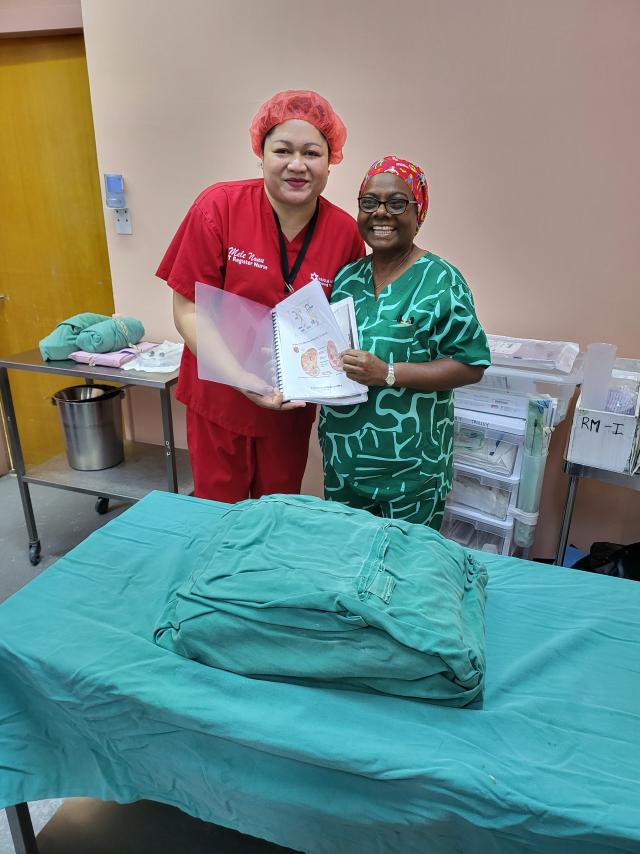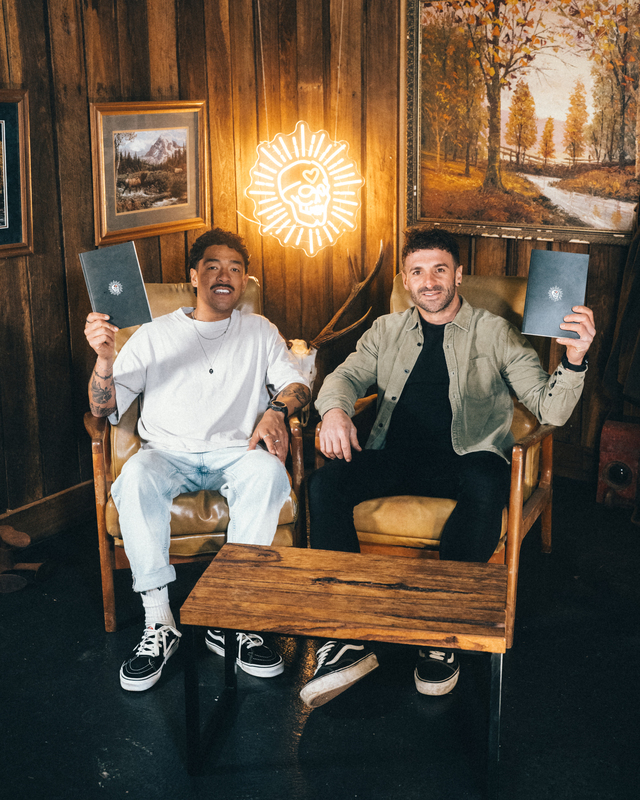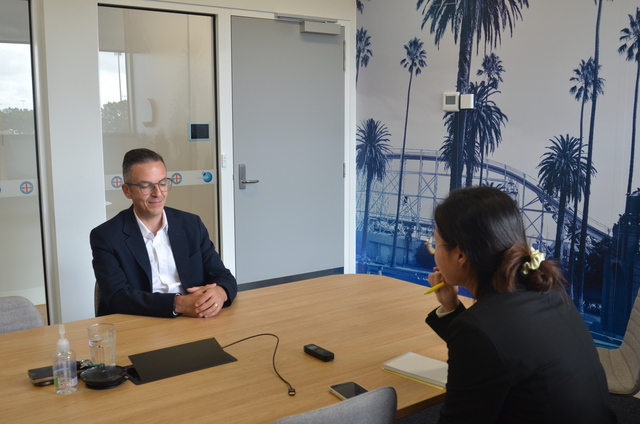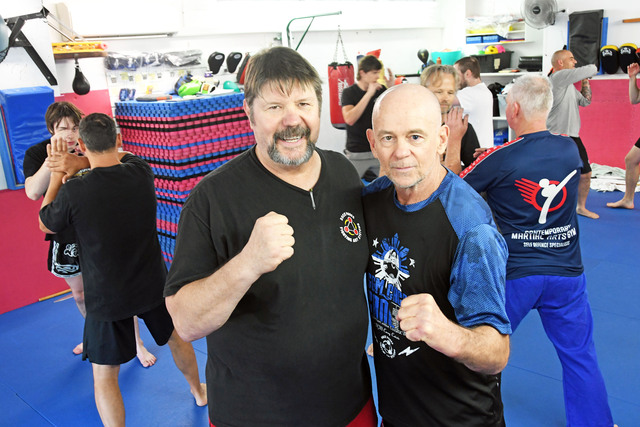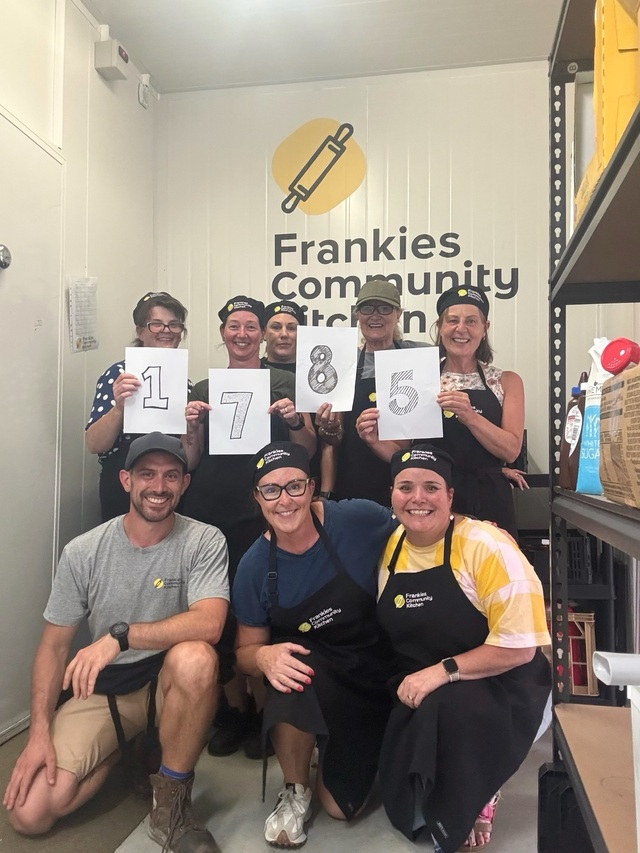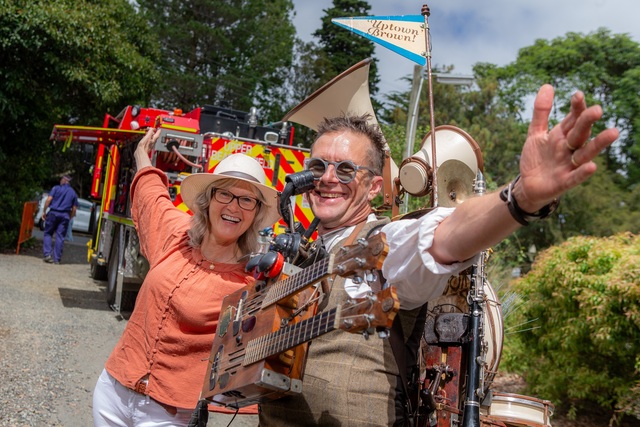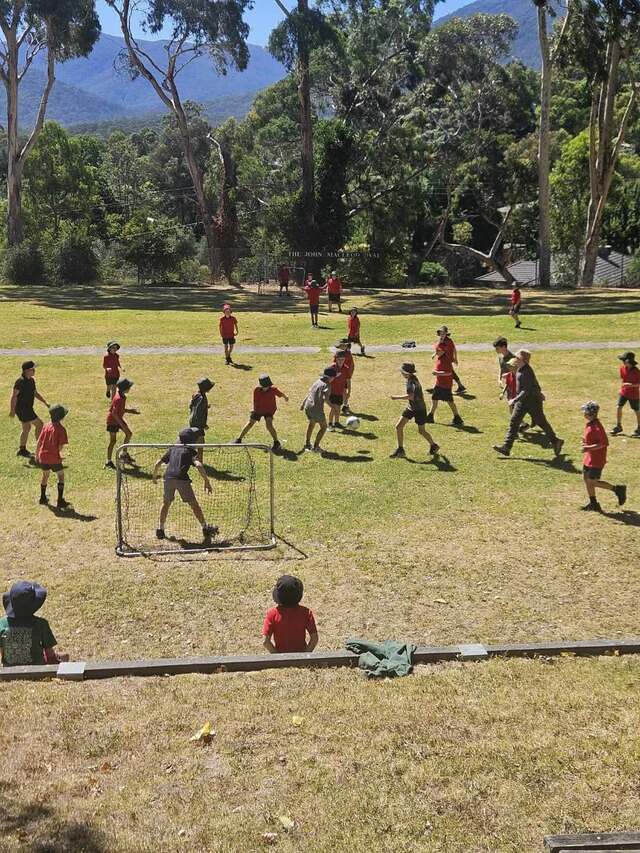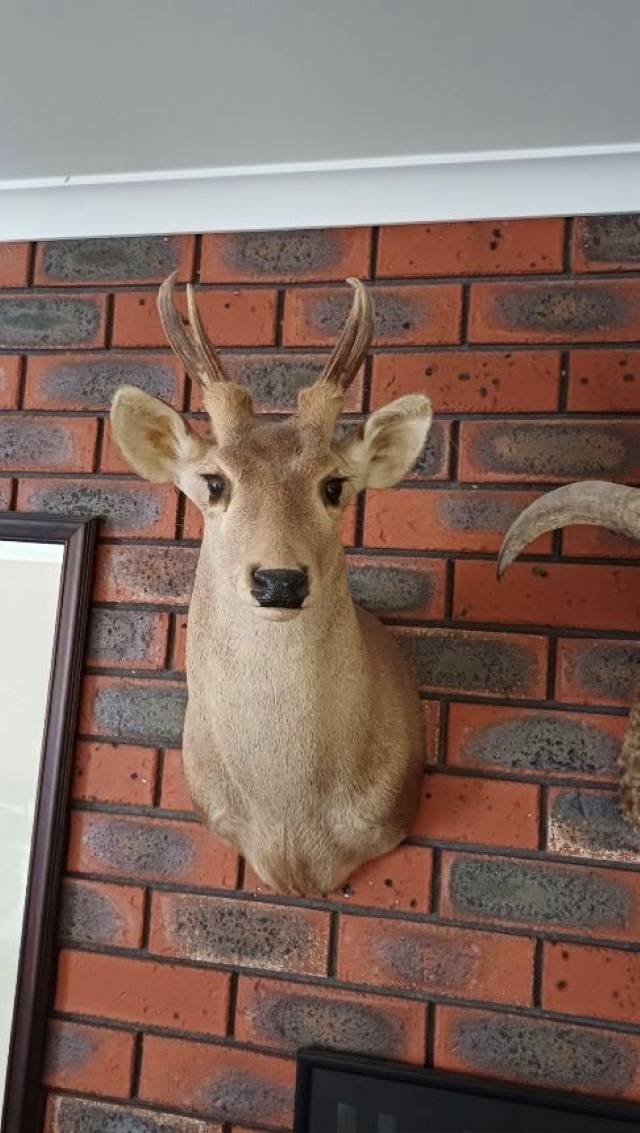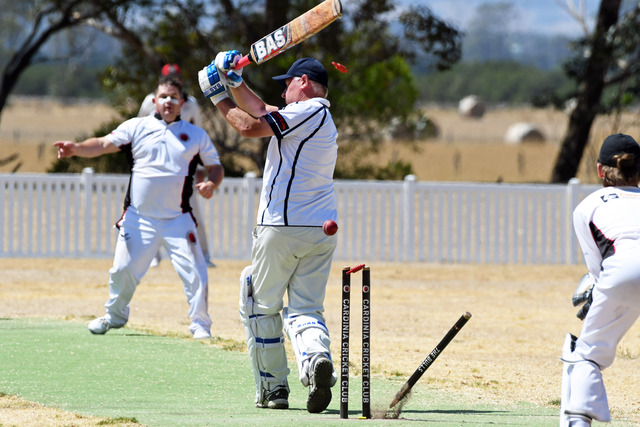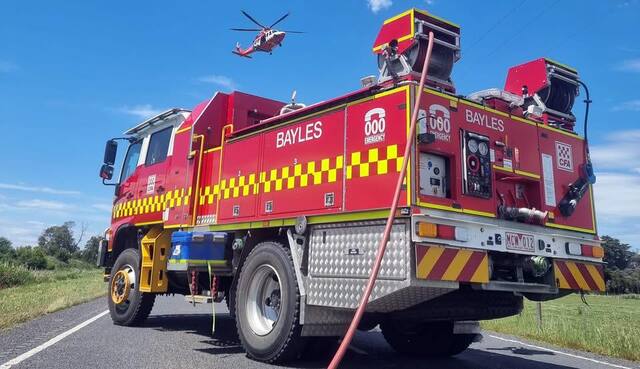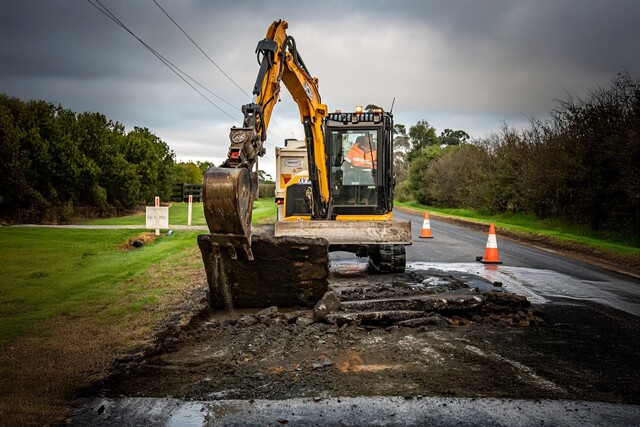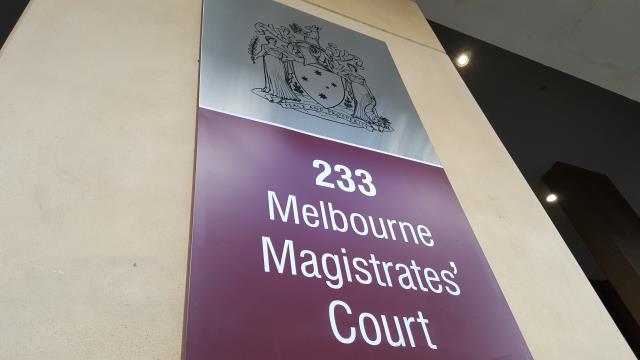On 15 September, Indra Jolayemi, Casey Hospital Operating Theatre’s clinical nurse specialist, will travel to Tonga for the 12th time in 11 years as an overseas volunteer.
For many, overseas volunteering is a one-off experience, but for the Officer resident, it has almost been a pilgrimage. The bond has been so deep that she feels at home there.
Around 2013, Indra signed up for the volunteer program.
“When my consultant who I was working with said he was going to Tonga to volunteer and he would need a nurse, I put up my hand,” she recalled.
“I went through a selection process. I was interviewed and they want to know if I’m committed and if I can follow through.
“A lot of people might go for one time, but they never follow through because you have to leave your family and go there for seven or 10 days.”
Indra proved she was not one of the many people, through time and tears.
She would never forget the day when she departed from Australia.
“When I first went, my son was 10 years old. I am a single mother, and I remember the first time I was like confused, I’ve been waiting for this opportunity, but who’s going to look after my son?” she recalled.
“But I have very good church friends. They said, this is a good course, go for it, and we will look after your son, and they said he would understand.
“I remember when I was travelling to the airport, I cried all the way to the airport because I was thinking, am I doing the right thing, leaving my son behind and doing something I wanted to do?
“But it turned out really well because he understood doing things for other people was a good thing. Thank God that it worked out well.”
During her first visit to Tonga, Indra and the team she was a part of performed a minimally invasive kidney stone extraction, which had never been done before in Tonga.
“Removal of kidney stones may be done by open surgery, but this time it was done through a minimal invasive technique and even the local media reported on it,” Indra said.
On a normal volunteering day, the team members work from morning till evening trying to cover as many cases as possible, right from stone cases to bladder conditions and prostate conditions.
“The local doctors are shown to do some procedures, such as transurethral prostatectomies and other urological procedures,” Indra said.
“With limited modern equipment, we rely on donation.”
“We also go there to teach the Tongans, to build their capacity. I teach the nurses all the principles of operating theatre, sterility and that sort of thing so that they can do it themselves. That’s our main aim. We are not there just to do it for them.
“We want to teach so that it’s sustainable so that they can continue doing these procedures when we are not there.”
Volunteering overseas for Indra is not only about imparting knowledge, but it is more about learning.
“When you are away from home and your comfort zone, you have to be resourceful. You will learn how to be creative. You are in a hospital with limited resources. You look around to make sure that patients are taken care of,” she said.
“And we use the same principles in health care, whether you are in a developed country or a developing country, the principles are the same.
“You make sure there’s no infection. You make sure that everything is carried out to the highest standards, so you become resourceful. How are you going to do it is something that you need to think about.
“You can work yourself. You find a way of doing things. You become you become part of a solution, not part of a problem.”
Working life is certainly not the sole business during the volunteering. The team usually gets one day off.
“In the past, we used to go to these little islands for a boat trip and sit there for a day and come back,” Indra recalled.
“But in the tsunami in 2022, many of the resorts were damaged, and it may be difficult to rebuild them in the near future.
“Over the 10 years we were visiting Tonga, we saw quite a transition. Tongans are very resilient people. They try their best to come back to normal.”
It has always been the people that move Indra and lure her back again and again. She has made lots of very good friends in the past decade whom she speaks to almost every other day through messages.
“Tongans are very appreciative of what we do, and it can be seen at the daily post-operative visit to the ward. Patients often greet us with a smile and that itself is very rewarding,” she said.
Indra took her son to Tonga one year when he was around 12. He enjoyed his time there.

